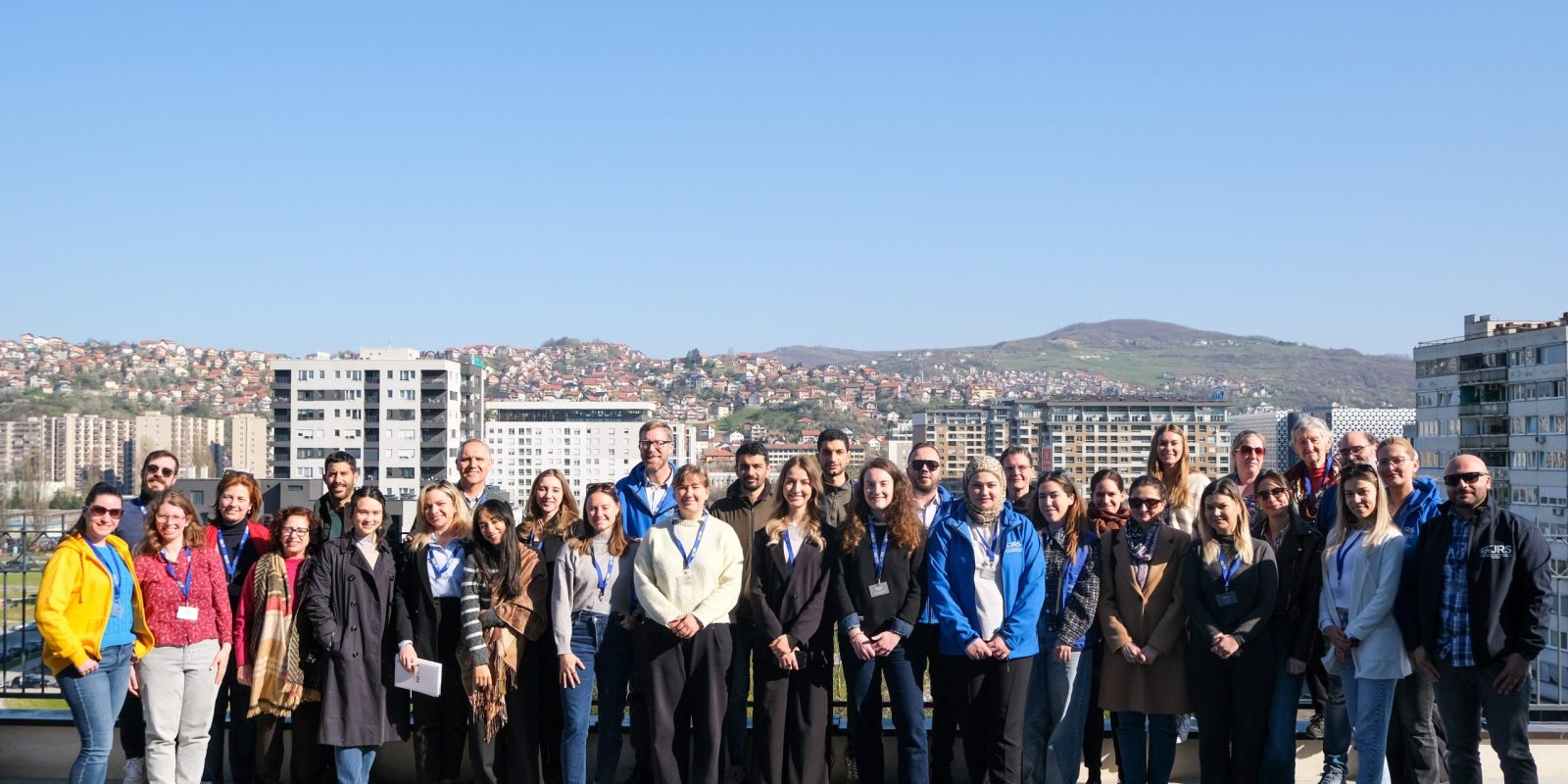We, the undersigned civil society organisations, express our concerns regarding the potential retention of Article 5 in the proposed EU Screening Regulation (one of key legislative files encompassing the EU Pact on Migration and Asylum) during trilogue negotiations.
This provision would extend the application of screening procedures not only to people apprehended at the borders, but to all undocumented individuals apprehended within the territories of member states. The screening will entail procedures where member states’ officials will carry out security and identity checks in facilities at the borders or other designated locations. In practice, this will imply detaining the person, or at least restricting their freedom of movement.
Screening of anyone suspected to be an undocumented migrant could have a broad and indiscriminate impact on racialised communities. This would create a hostile environment in which minorities and people of colour – whether they are EU citizens or individuals with regular or irregular residence status – would face heightened risk of being targeted by discriminatory controls and potentially detained without adequate safeguards.
In line with the European Parliament’s position, we recommend deleting this provision as it is likely to lead to the following five scenarios:
1. Widespread discriminatory profiling
The application of the screening across the entire EU territory would in practice encourage discriminatory profiling, which would strongly rely on racial, ethnic, national, or religious characteristics.
As recently reported by the EU Fundamental Rights Agency (FRA), it is already often the case that people of colour and of African descent, even when they hold regular permits, are subject to discriminatory and arbitrary checks.1 In the most recent FRA survey – published in October 2023 – over half of people of African descent surveyed felt that their most recent police stop was a result of racial profiling, which is unlawful and inconsistent with international and European human rights law.
It is unclear how Article 5 of the proposed Screening Regulation aligns with commitments in the EU Action Plan Against Racism to “counter discrimination by law enforcement authorities” and avoid “profiling that results in discrimination”.
2. Arbitrary apprehension
Expanding the scope of the screening outside border areas could justify the arbitrary apprehension of anyone perceived by the police as having entered the country in an irregular manner, in any place and at any time.
This provision is very broad and does not clarify how nor whether an individual assessment will be conducted to determine if the person in question has crossed external borders in an authorised manner, especially in cases where the crossing took place a long time beforehand or if people have entered through another member state.
3. Arbitrary deprivation of liberty (de facto detention)
Undocumented people, including families and children, could be apprehended in any place and at any time and potentially detained for up to 3 or 5 days in designated facilities within the territory of the member states. The mandatory nature of the screening at external borders combined with the lack of safeguards in terms of judicial review, access to a lawyer and reception conditions will likely entail arbitrary deprivation of liberty. This is particularly problematic as de facto detention does not meet the same basic safeguards underlying formally recognised immigration detention. De facto detention is already used in some member states and the proposed regulation could trigger a wide increase across the EU.
4. Consideration of non-refoulement and other human rights grounds
Under the proposed regulation, individuals who do not apply for international protection should be subject to return or refusal of entry following the completion of screening procedures. Yet, screening procedures do not include an assessment of reasons for which people who do not qualify for international protection may not be subject to deportation, such as the principle of non-refoulement, health, protection of family and private life, or the best interests of the child. This could apply to many undocumented individuals living in the EU who have not been able to regularise their status previously.
As a result, they may have no option but to seek asylum to avoid being forcibly deported, or to seek judicial remedies as the only way to enforce their rights. An increase in the number of people seeking judicial remedies risks putting the already severely limited resources of many member states’ judicial systems under strain.
5. Proportionality concerns
Whether Article 5 would be proportional to serve the objectives of the Screening Regulation is also questionable. This is evident in the opinion issued by the European Parliament legal service,3 which found that this measure would not serve the objective of better managing the external border, as the geographical and temporal links between the people intercepted and the checks would be too weak. The Parliament’s legal service concluded that Article 5 would need a different legal basis, focusing on managing irregular migration rather than on border control measures.
In light of the concerns discussed above, the undersigned civil society organisations:
- Call on the co-legislators to delete Article 5 from the proposed Screening Regulation, in line with the European Parliament position.
- Condemn the proliferation of procedures authorising the policing and arbitrary detention of third country nationals without due procedural guarantees and access to effective remedies.
- Express their strong concerns at the glaring inconsistency between the commitments under the EU Action Plan against Racism with respect to ending racial profiling and the introduction of provisions that would legitimise widespread discriminatory practices under EU legislation.

